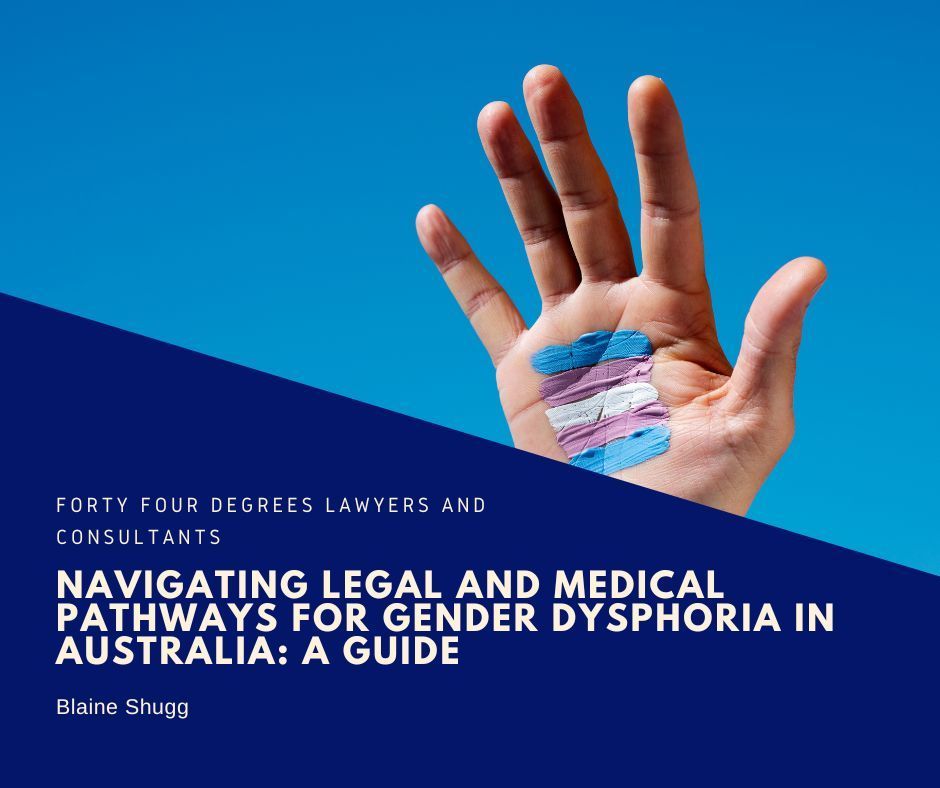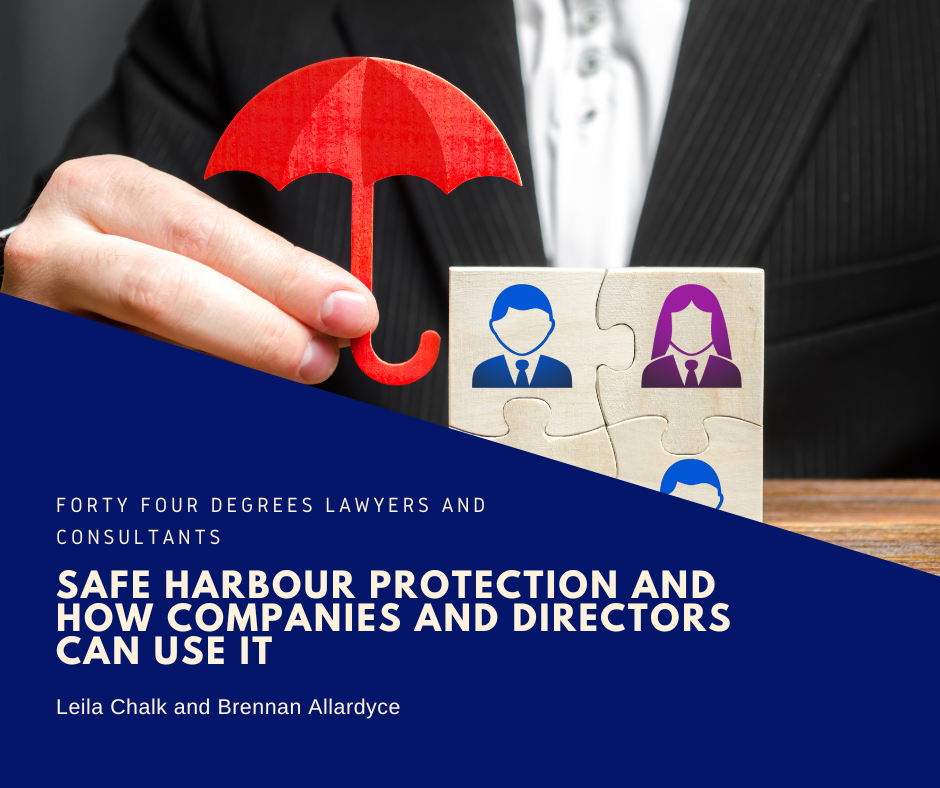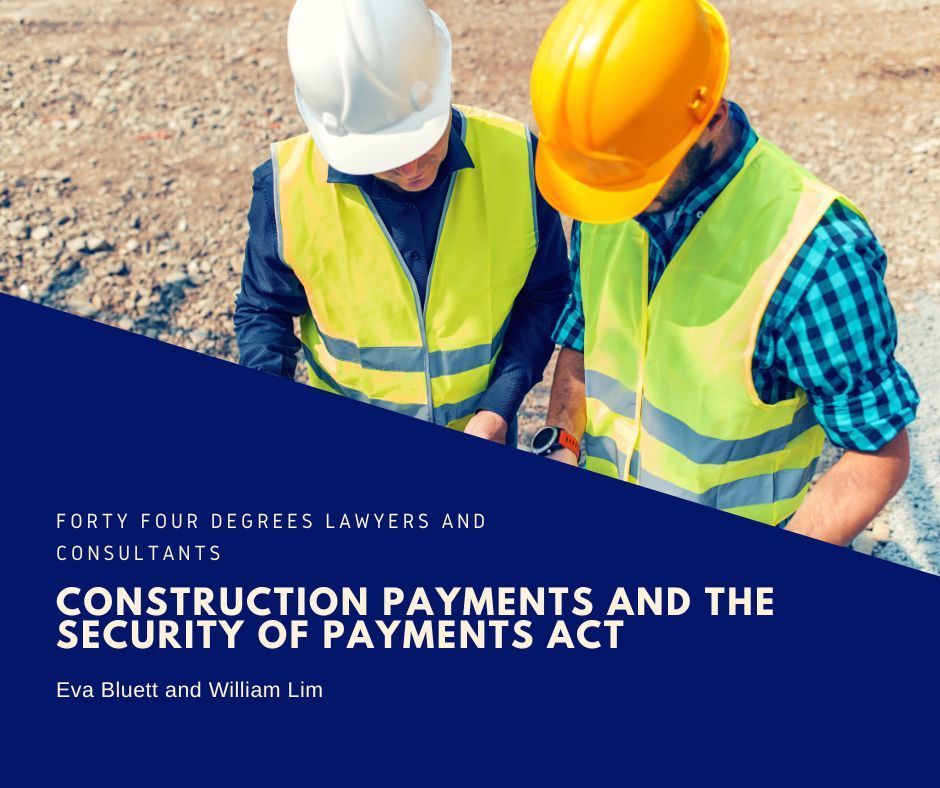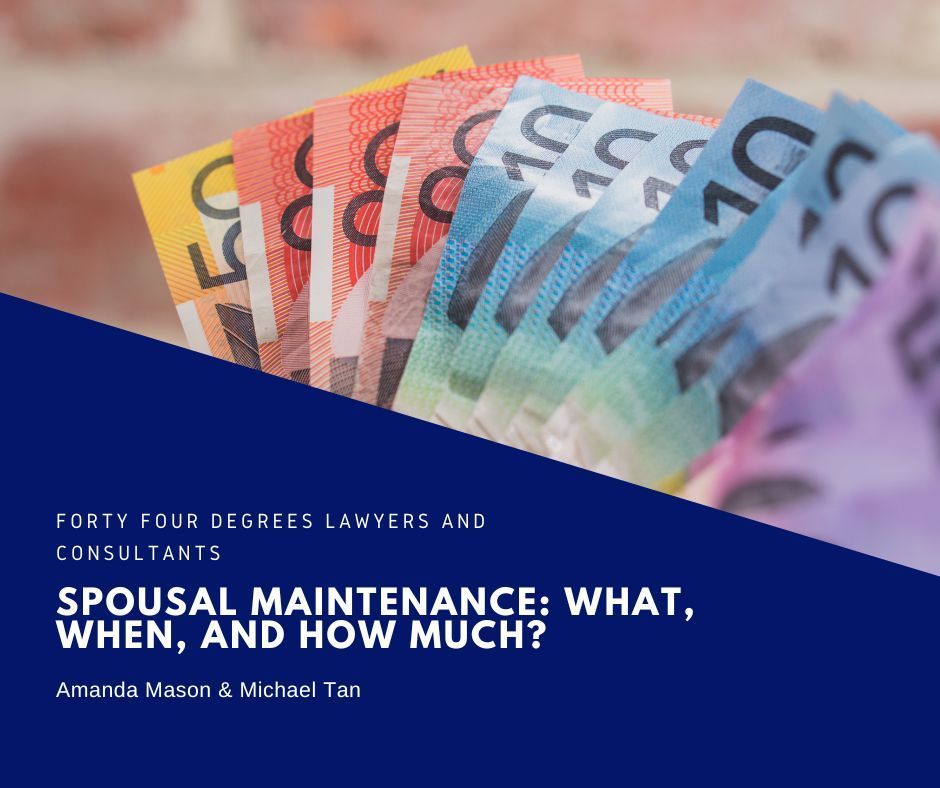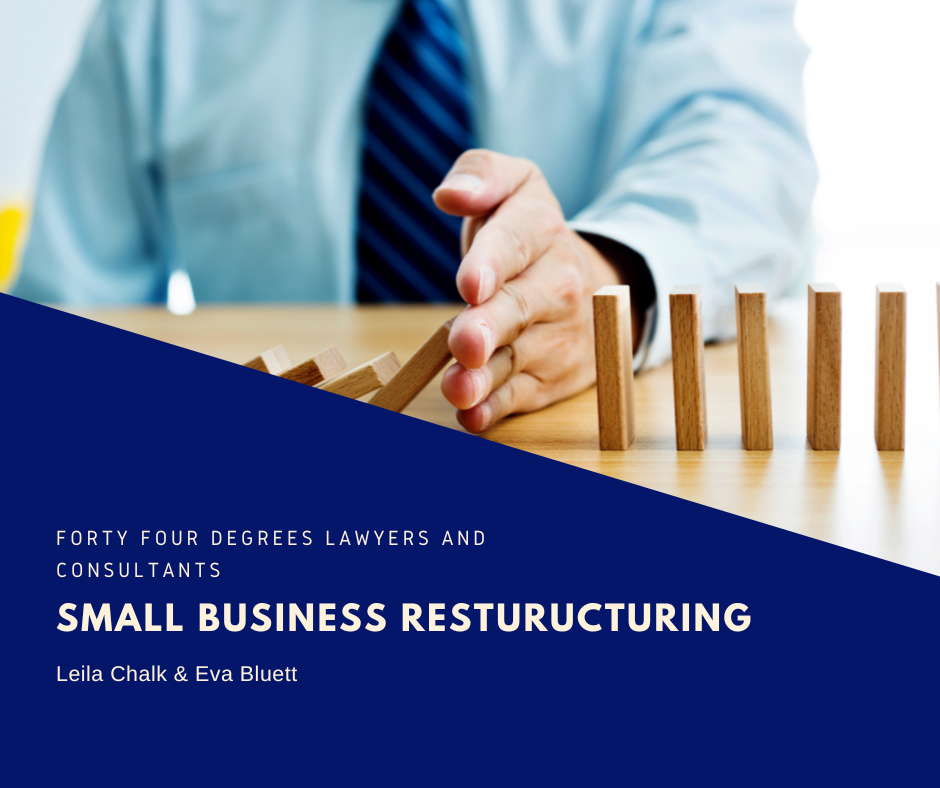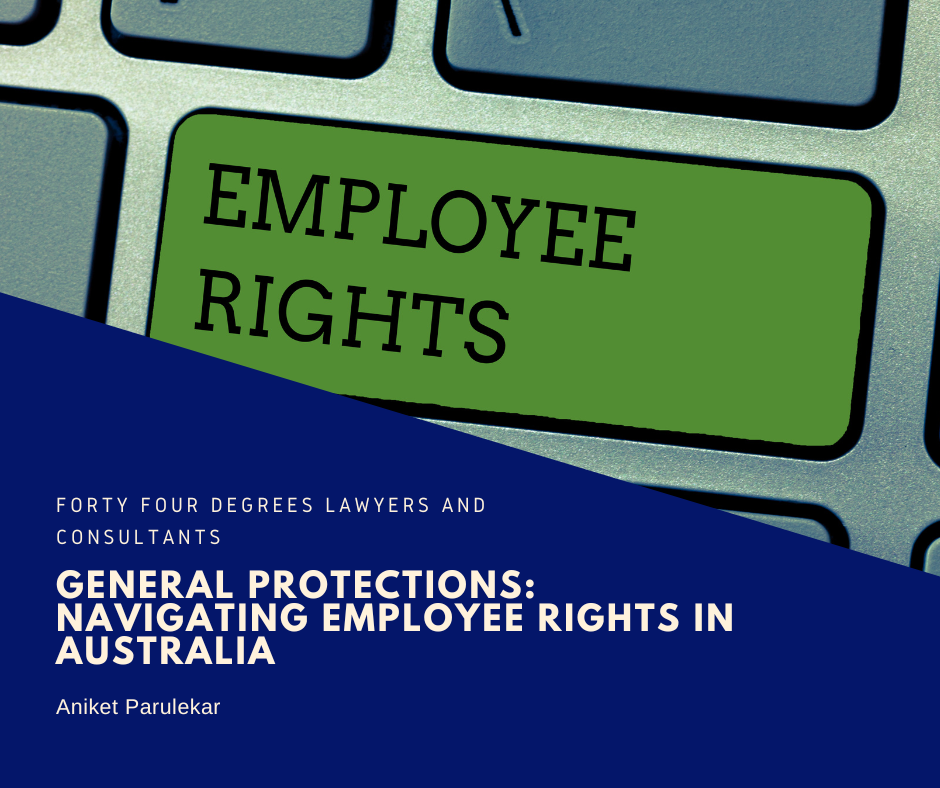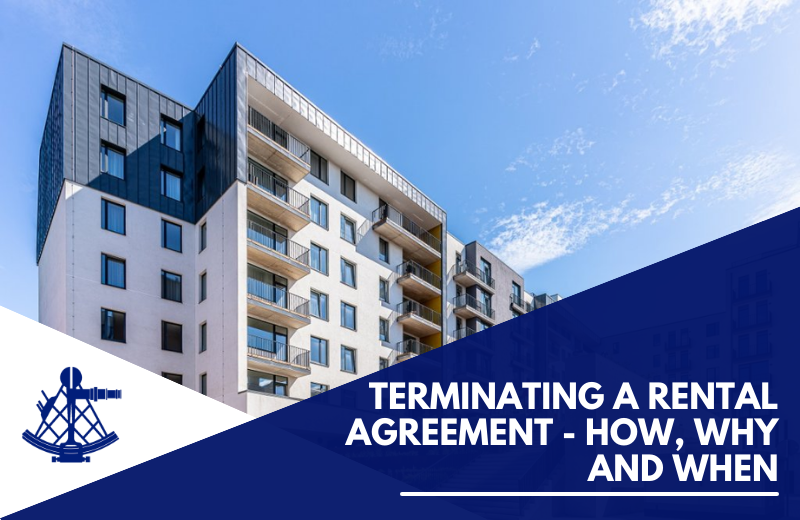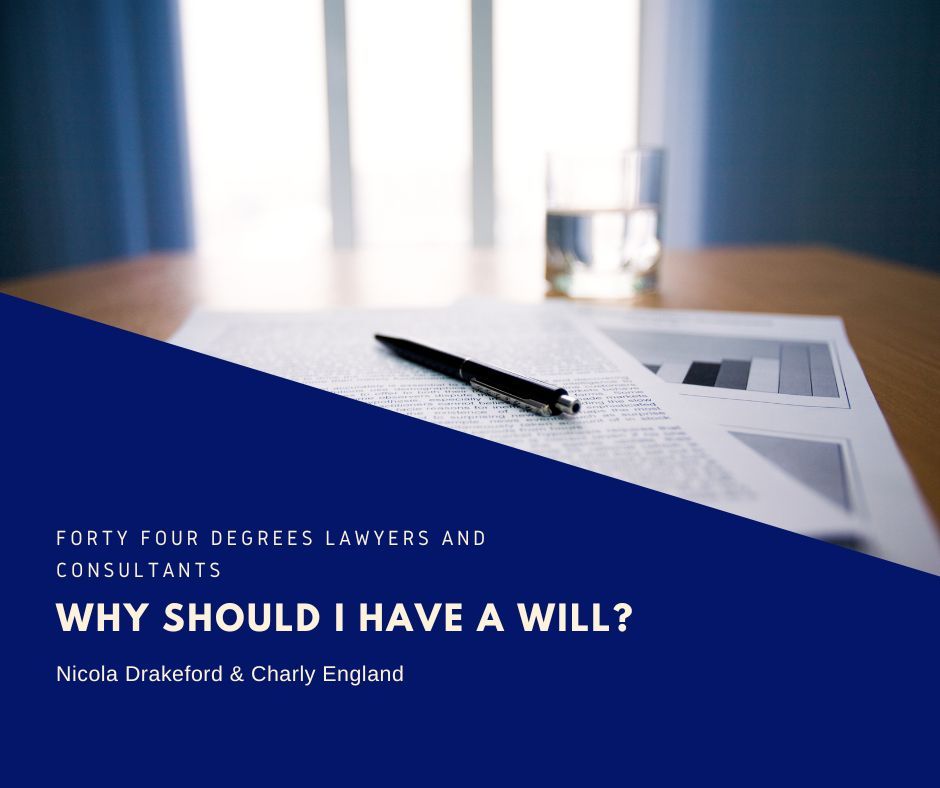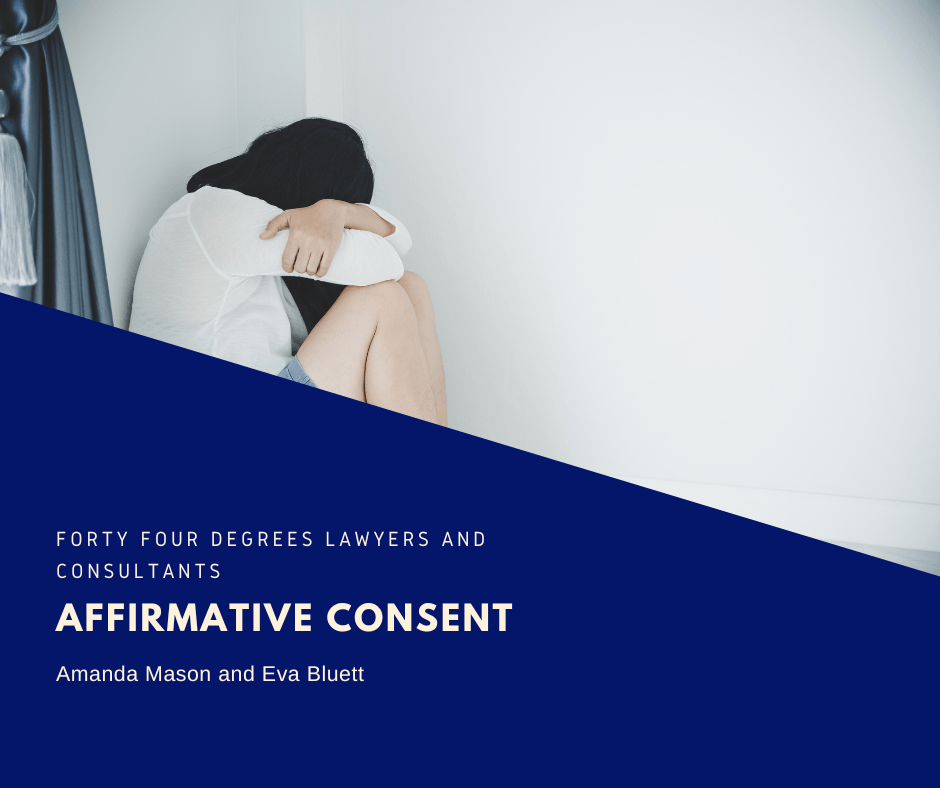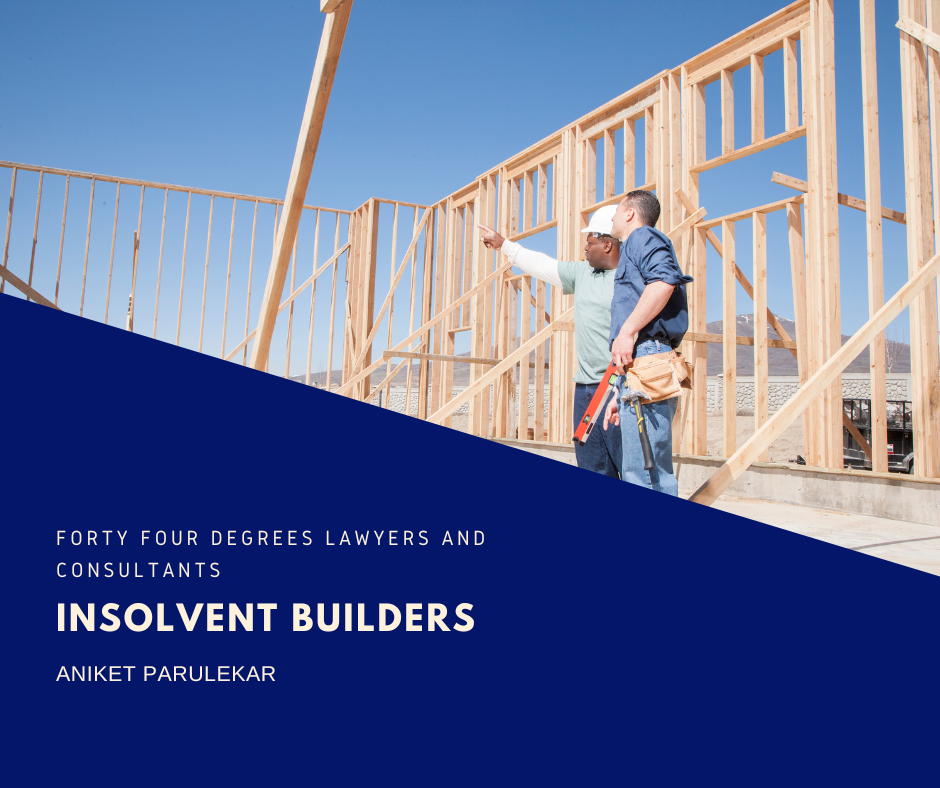Overview of Australian drone laws
Hana Lee and Henry McMenomy • Jan 23, 2020
Are drones legal? The short answer: yes, but...
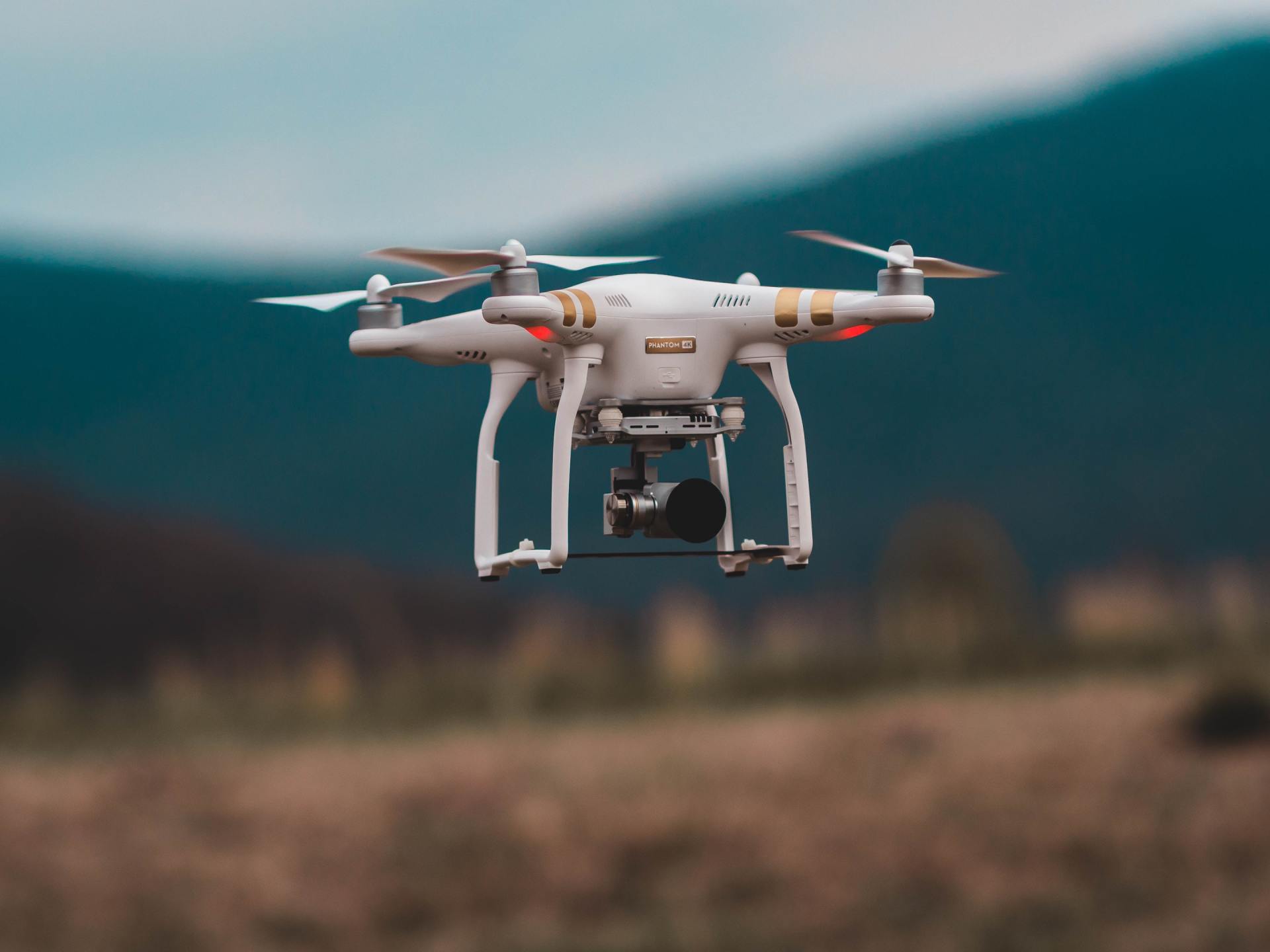
This article has been updated 30/08/2021 by Henry McMenomy
Are drones legal? The short answer: yes, but…
Unmanned aerial vehicles (UAV), commonly known as drones, have been used for military drone strikes since the early 2000’s. Over the years, UAV technology filtered down into the hands of everyday consumers, who are now increasingly questioning the legality of drones. How far up can I fly them? Can I record videos over someone else’s private property? What if I accidentally (or purposefully) hurt someone?
The Basics
Common sense rules apply to flying drones for everyday people. You can only fly one drone at a time, the drone must always be in your visual line of sight, and the drone cannot be flown in a way that creates a safety hazard for other people, aircraft, or other people’s property.
Maximum flying height is 120 meters (roughly 35 stories high) above ground level and no closer than 30m from any person not actually flying, or helping you to fly, the drone.
No-fly zones include:
• Over other people’s heads, no matter how far above them you are (in case the drone falls and injures them);
• Over public events such as sporting events or concerts;
• In many national parks and near culturally significant sites, such as the Sydney Harbour Bridge;
• Near natural disasters or emergency events; and
• In restricted or prohibited airspace (generally anywhere within 5.5km of an airfield).
Ask the CASA
The main regulatory body for enforcing drone laws is the Civil Aviation Safety Authority (CASA). The CASA’s purpose is to keep Australian airspace and aircraft safe. In addition to regulating drones, the CASA licences pilots and conducts checks on aircraft and cabin safety.
As a precautionary measure, you should always use an app or website to identify where you are allowed to fly your drone. OpenSky by Wing Aviation LLC, AirMap by AirMap Inc and ok2fly by Avsoft are all CASA-approved apps and websites that show helpful maps of where you can and cannot fly your drone.
Do you need a licence or accreditation?
This will depend on your purpose for flying, and the type of drone.
Sport or recreational flying
If you’re flying for sport or recreation, you do not need to hold a remote pilot licence (RePL) or accreditation and there are no age limits. However, you will need to apply to CASA for authorisation if you want to fly under the following conditions:
• more than 120m above ground level (AGL);
• within 5.5km of a controlled aerodrome;
• a drone weighing more than 25kg;
• within Restricted Airspace;
• over the movement area of a non-controlled aerodrome;
• participate in a model flying display; and
• First Person View (FPV).
Flying for work or for an employer
If you’re flying for work or for an employer (i.e., commercial purposes), you must be at least 16 years old, will have to register your drone, and acquire either an RPA operator accreditation or a remote pilot licence (RePL). Depending on the category of your drone, there may also be record keeping requirements.
Drone Registration
Drone registrations are completed online through the myCASA website and are valid for 12 months. Drones registered on or after 27 July 2021 and weighing more than 500g will incur a registration levy of $40 per drone.
Flying an unregistered drone can attract penalties of up to $11,100.
Operator Accreditation vs Remote Controlled Pilot Licence
Depending on the weight of your drone, you will need to obtain either an RPA operator accreditation or a remote-controlled pilot licence (RePL) to fly it for commercial purposes.
If your drone weighs:
• no more than 2kg; or
• between 2kg and 25kg and will only be flown over your own land without accepting any form of payment for your services,
you must get either a remotely piloted aircraft operator accreditation or a remote pilot licence.
Applying for an operator accreditation is free and can be done through the myCASA website. Accreditations are valid for 3 years.
Alternatively, applying for a remote pilot licence is done through a certified RePL training provider and will involve both practical and theory components. Once obtained, an RePL does not expire. Depending on the category of RePL acquired, you will be able to fly drones that weigh:
• less than 7kg;
• less than 25kg;
• less than 150kg; or
• more than 150kg.
However, if your drone:
• weighs between 25kg and 150kg; and
• will only be flown for work or for an employer without accepting payment for services,
it can only be flown with an RePL.
Record keeping requirements
In addition to registration and accreditation/licence requirements, CASA imposes record keeping requirements on commercially operated drones that weigh:
• more than 2kg but less than 25kg; or
• More than 25kg but less than 150kg and piloted over your own land.
CASA can ask for your records at any time.
What’s next for drones?
One big question remains unanswered – privacy.
Most drones are equipped with cameras, some with audio recording capacity. Given the small size of drones and the advancements in digital zoom technology, it is possible for a drone operator to take videos or photos of people without their consent and sometimes without their knowledge.
CASA as an aviation safety regulatory agency is not equipped to deal with privacy regulations. The Office of the Australian Information Commissioner, the main privacy regulatory body of Australia, is also unequipped to deal with the rising challenge of everyday drone users infringing on the privacy rights of other individuals. The Privacy Act 1988 (Cth) was drafted to target businesses with an annual turnover of more than $3 million. This excludes most everyday drone operators.
Victorian criminal laws could potentially change to deal with the issue of drone surveillance on individuals. In much the same way that the Victorian criminal code amended the definition of ‘stalking’ to include forms of cyber-stalking, drone surveillance may be added to the list of criminal offences.
Whether through amendments to criminal law or strengthening remedies for privacy infringement in civil law, drones will surely bring about changes to the Australian legal system in the near future. Watch this (air)space.
For more information on your drone registration or licencing requirements, or if you have experienced infringement of your privacy through the use of drones, please see the CASA website or contact us at [email protected]
The original author of this article was Hana Lee in 2020. This article has now been updated by Henry McMenomy
who is a practicing solicitor at Forty Four Degrees.
Contact Us
We’re an Australian Law Firm promoting a nuanced, personal touch. We have the skills you need to resolve your case quickly and with a positive outcome. Our straight talking team stays close to simplify what is most often a complicated process. We help individuals and businesses with technology and startup law, property law including conveyancing and leasing, commercial law, civil litigation, wills, estates, bankruptcy, insolvency, criminal law, and professionals facing investigations and charges from their regulatory body.
We have a connected network of talented lawyers in Melbourne CBD, Dandenong, Ballarat, and Ivanhoe East.
Fill out the form or call us on 1300 892 237.
Thank you for contacting us.
We will get back to you as soon as possible
We will get back to you as soon as possible
Oops, there was an error sending your message.
Please try again later or call us on 1300 892 237.
About Us
We do business your way.
203/ 50 Market St, Melbourne VIC 3000
50 Lydiard St South
Ballarat Central VIC 3350

